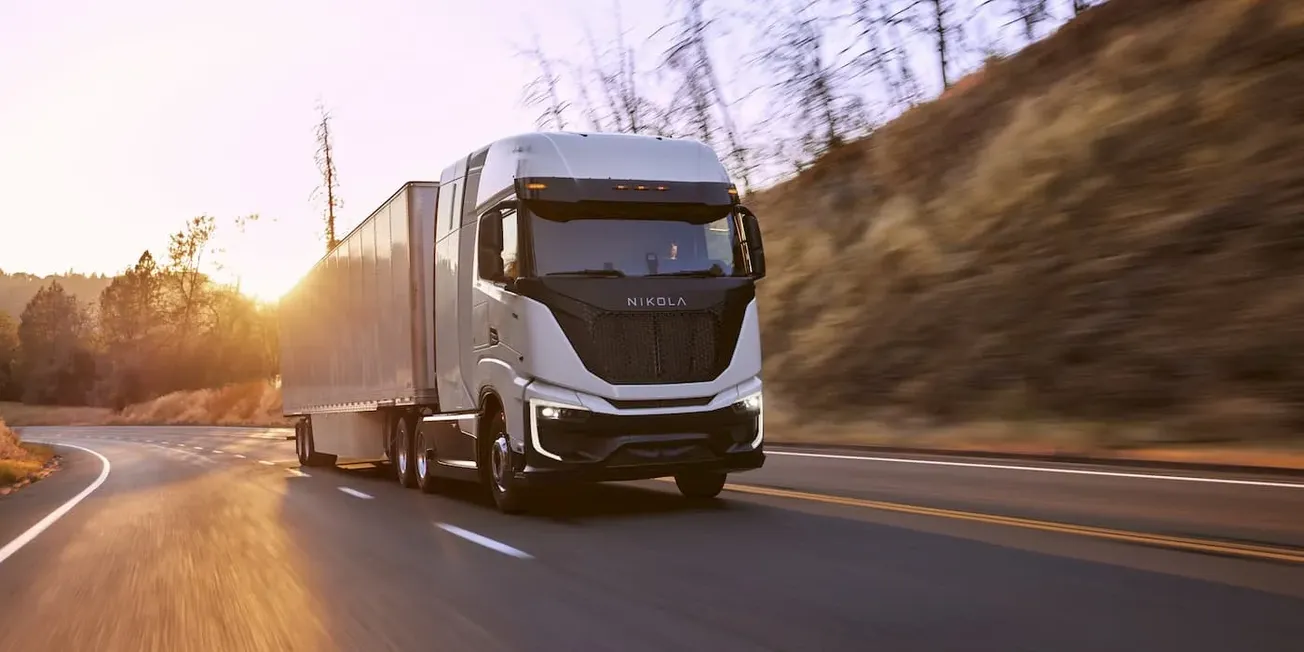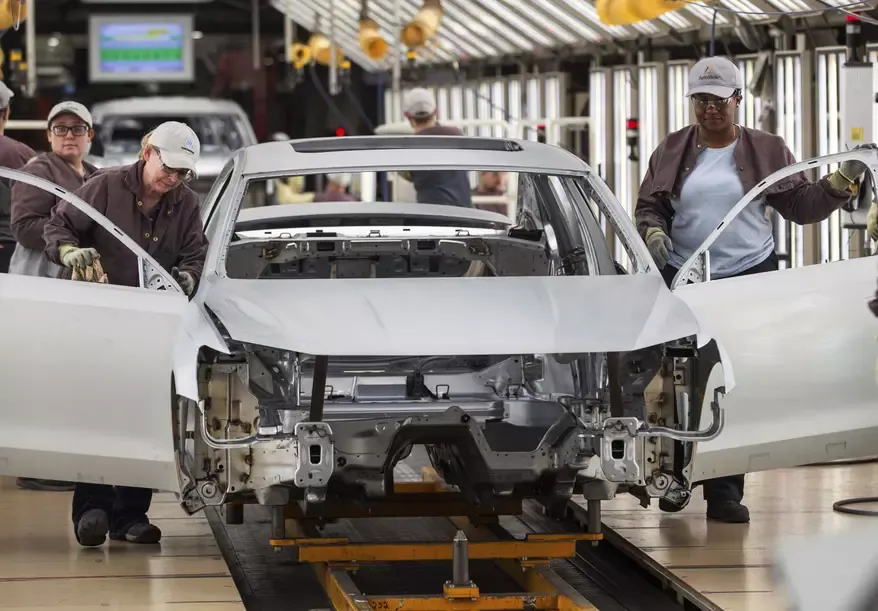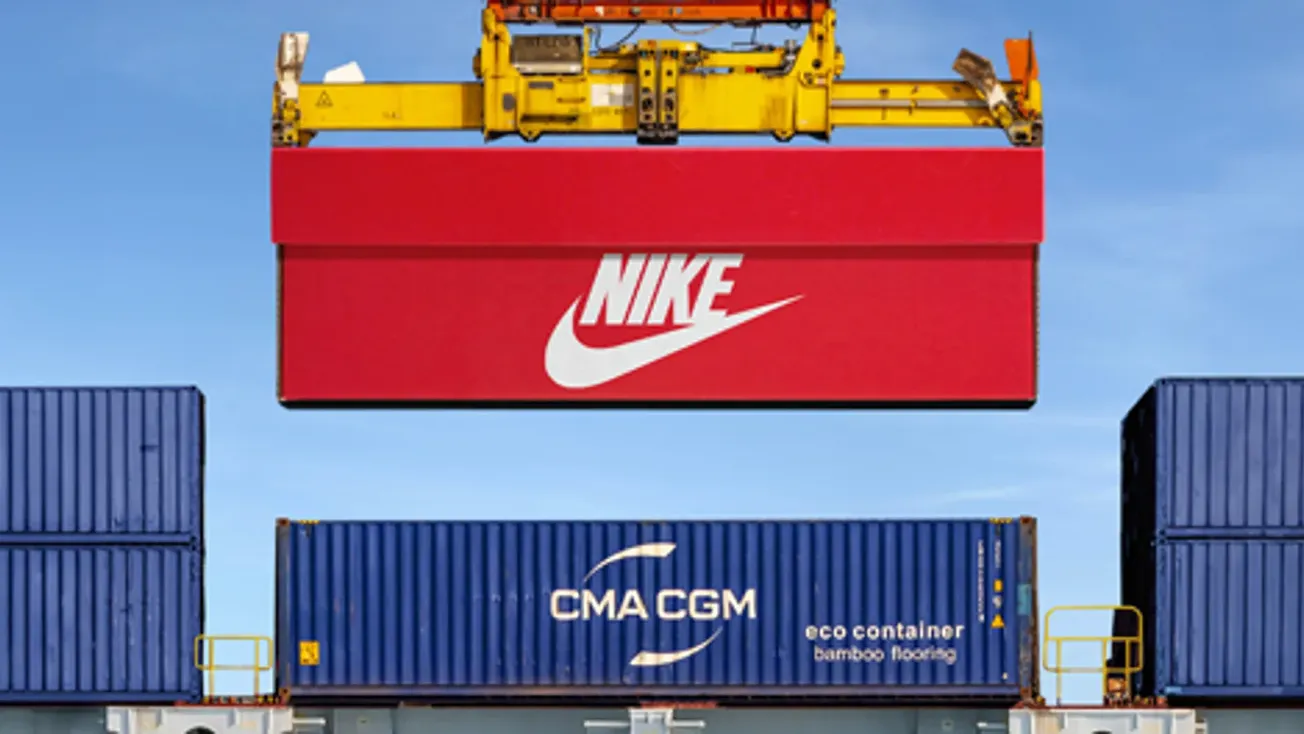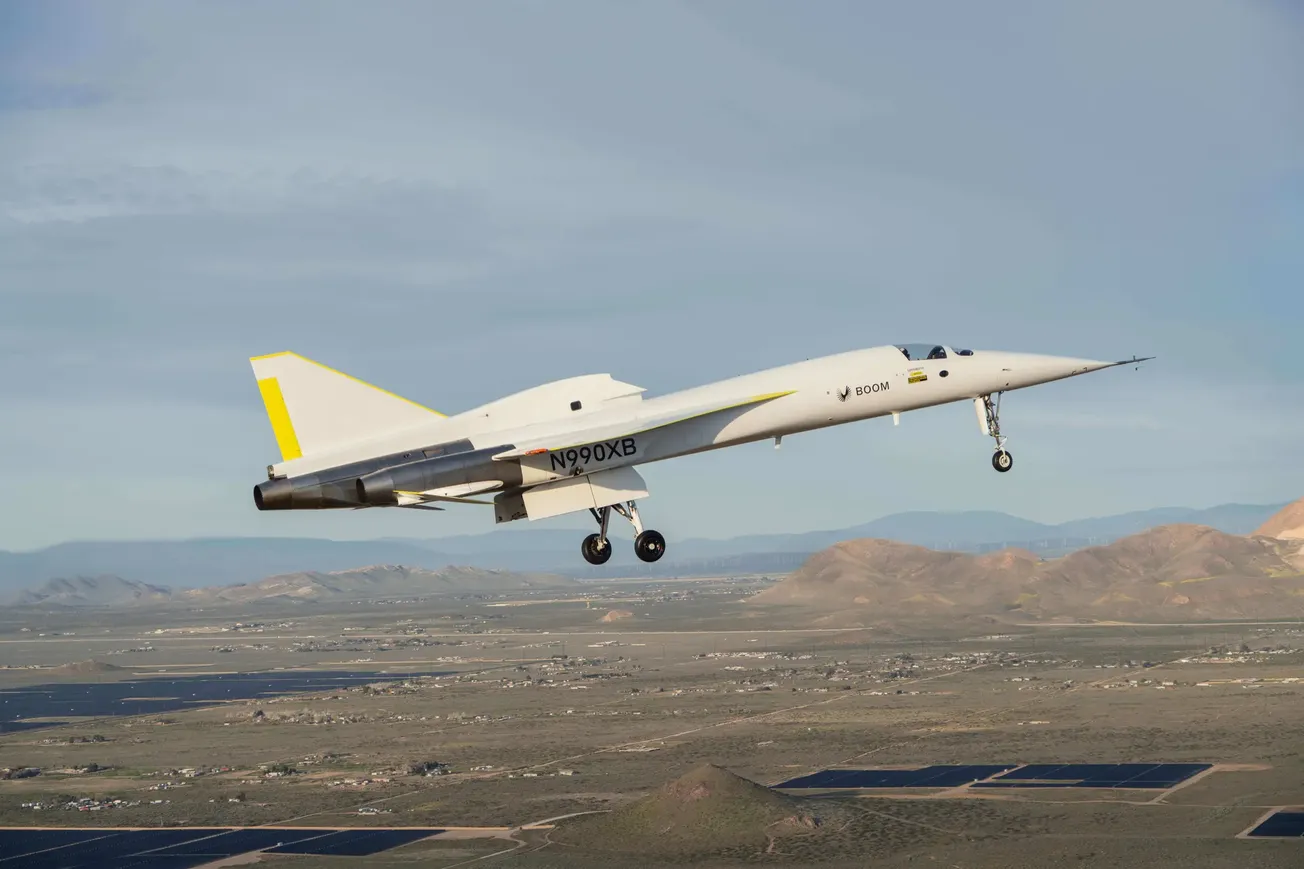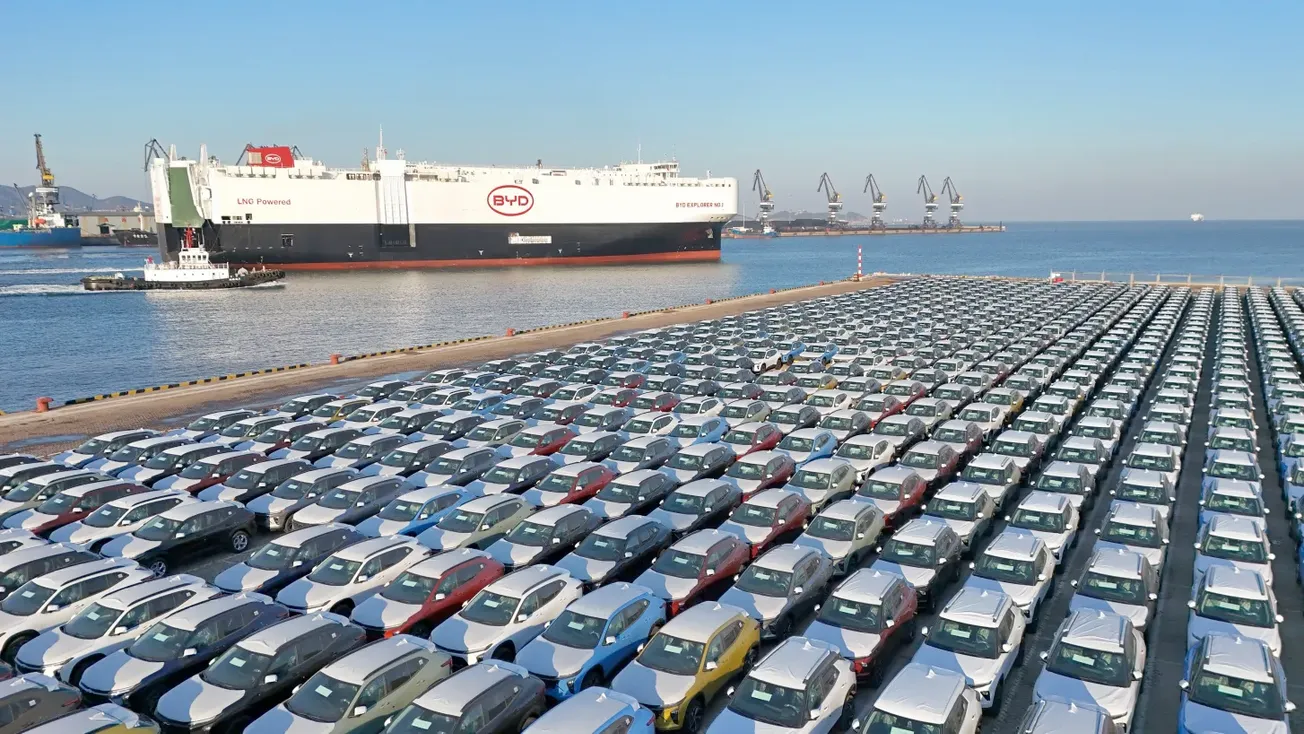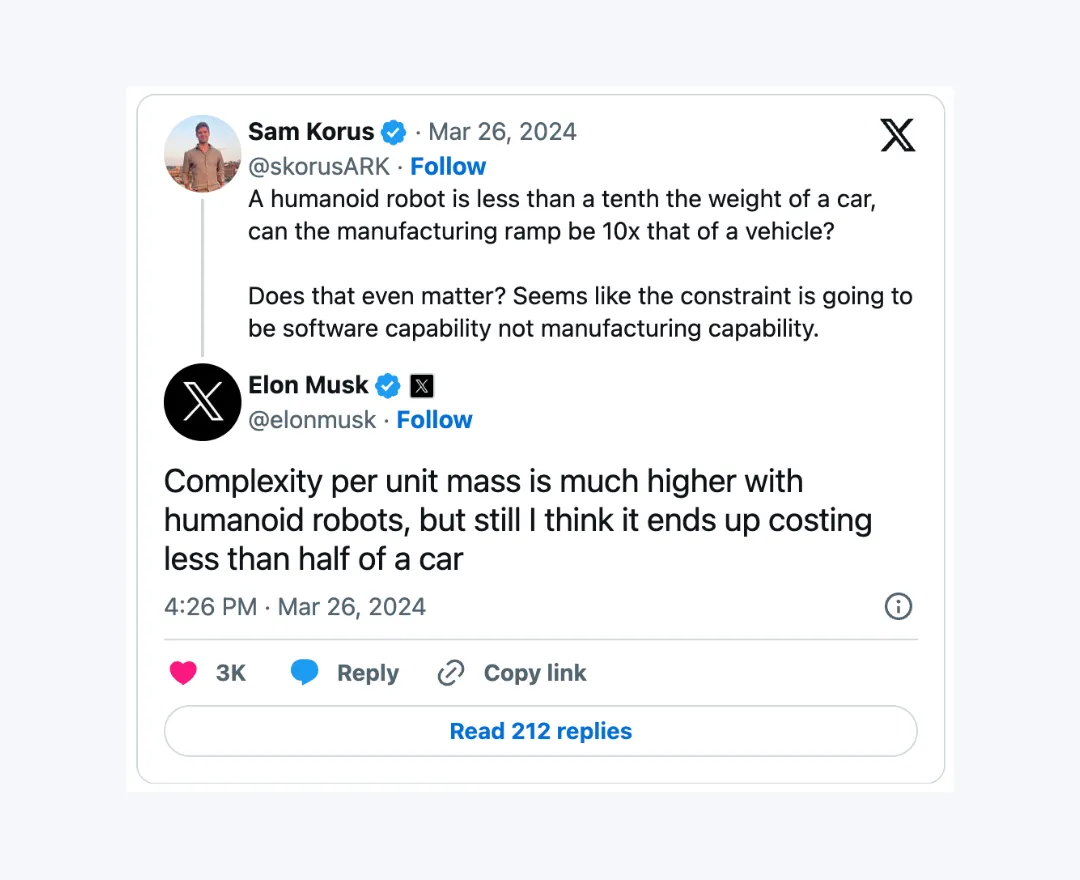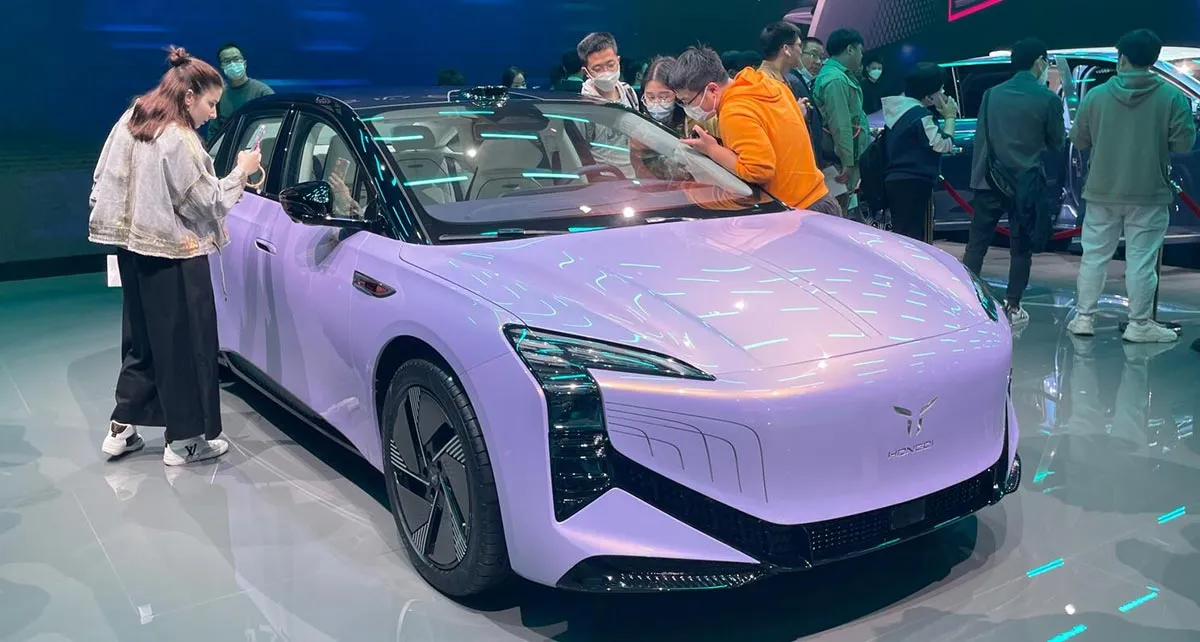Table of Contents
Nikola is selling its new hydrogen trucks for nearly half their production cost, due to disruptions to its supply chains and legacy contracts.
Why it matters: Demand for zero-emission trucks is soaring thanks to new regulation in California requiring new truck purchases to be zero-emission vehicles, but Nikola isn’t able to capitalize on the opportunity.
- Hydrogen-powered trucks are an attractive alternative to EVs because refuelling them is much faster than recharging batteries.
Driving the news: In the last quarter, company executives said the cost to manufacture a single big rig was $679,000 while the company sold each truck at an average price of $351,000.
- The $351,000 selling price was due to “fulfillment of legacy deals,” the company said in its Q4 results presentation.
- Notably, the price is still $151,000 more than a typical high-end gas-powered big rig.
Zooming in: To make matters worse, Nikola expects to deliver 350 trucks this year but shipped a mere 35 in the first quarter…
- CEO Steve Girsky told the Wall Street Journal that a big reason for this was not demand, but supply-chain shortages that slowed down production speeds.
- Specifically, Nikola saw a shortage of pressurized fuel tanks and electric batteries that delayed production.
- Girsky attributed this to how new their technology is, saying suppliers are hitting snarls as they shift from prototypes to full commercial production.
What they’re saying: “Right now, California has got tailwinds,” Girsky said.
- “We could have sold a lot more than 35 trucks in the fourth quarter if we didn’t have supply-chain issues. I think we could sell a lot more than 30 to 35 in the first quarter if we didn’t have supply-chain issues.”
The big picture: Hydrogen vehicles are finally having their moment, with the Biden administration pouring billions to spur the industry.
- But the trucking industry worries that investing in a new, unproven technology or company could prove to be a costly mistake in the long-term.

